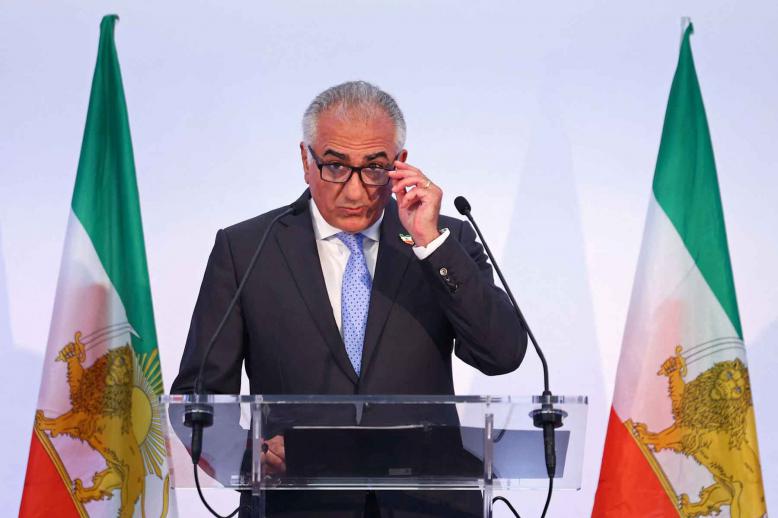Emiratis adapt to remote working, studying to combat coronavirus
LONDON - Emiratis are adapting to the new way of studying and working brought about by the spread of new coronavirus.
The United Arab Emirates shut down schools and universities from March 8 to April 4 and moved the annual two-week spring holiday forward as a preventive measure to limit the spread of COVID-19.
Education regulators ordered on Wednesday all educational institutions in the UAE to ban the exchange of any type of “paper materials” with their students in line with the health and safety guidelines during this critical period.
All educational institutions adopted various distance and online learning methods to facilitate the communication between teachers and students.
Over 42,000 teachers in the UAE passed a distance learning course one week before the country entered the distance learning experience for schools on March 22.
“The distance learning training programmes that were recently launched by the ministry contribute to the establishment of a creative training environment consisting of virtual learning societies and based on the concept of interactive, virtual classes, in accordance with international best practices and targeting all academic levels,” said education minister Hussain Al Hammadi.
“This newly developed approach aims to qualify teachers in innovative ways, keeping pace with advancements that enable them to assume a major and effective role in supporting the distance education initiative,” added Hammadi.
There are some foreign teachers who work in the UAE but were stranded outside the Gulf state, and are now giving online lessons.
Rachid El Gomri, a Spanish language teacher at Emirates International School - Jumeirah in Dubai told Middle East Online that he was still giving online lessons to his students despite being stuck in Ethiopia after the UAE closed its airspace.
“Grades 7, 8 and 9 have two lessons a week. The first lesson of the week is taught over PowerPoint while the second lesson which is presented on Zoom is a review of the first lesson to make sure they understood,” said Gomri.
“Distance learning gives me the impression that I am in Dubai and students are responding positively to this new experience. Students also become more independent in their research and improve their listening skills,” he added.
Several governmental institutions and private companies have encouraged their employees to work from home in a bid to combat the spread of coronavirus pandemic.
The UAE announced that it was activating its remote work system for federal employees for an extendable two week period from March 15.
The Ministry of Energy and Industry said on Twitter that it had activated a remote work system for its employees.
The #STAYHOME slogan was lit on Abu Dhabi’s landmark buildings as an awareness campaign for the capital’s citizens to protect themselves from the deadly flu-like disease.
The Dubai Police are using drones to enforce full compliance with the government’s stay-home order.
Colonel Saeed Al Madhani, Director of Ports Police Station in Dubai, said the latest technologies were used to implement government decisions in the areas of jurisdiction, including private and public beaches.
“Our drones are equipped with cameras that can photograph events in range, whether during the day or night. They can also carry loudspeakers to broadcast Dubai Police messages and announcements to the public,” said Al Madhani.
Sheikh Hamdan bin Mohammed bin Rashid Al Maktoum, Crown Prince of Dubai tweeted that “the only way to guarantee that we safeguard the wellbeing of our loved ones is to ACT now, TOGETHER and WITHOUT exceptions. Stay Home.”







